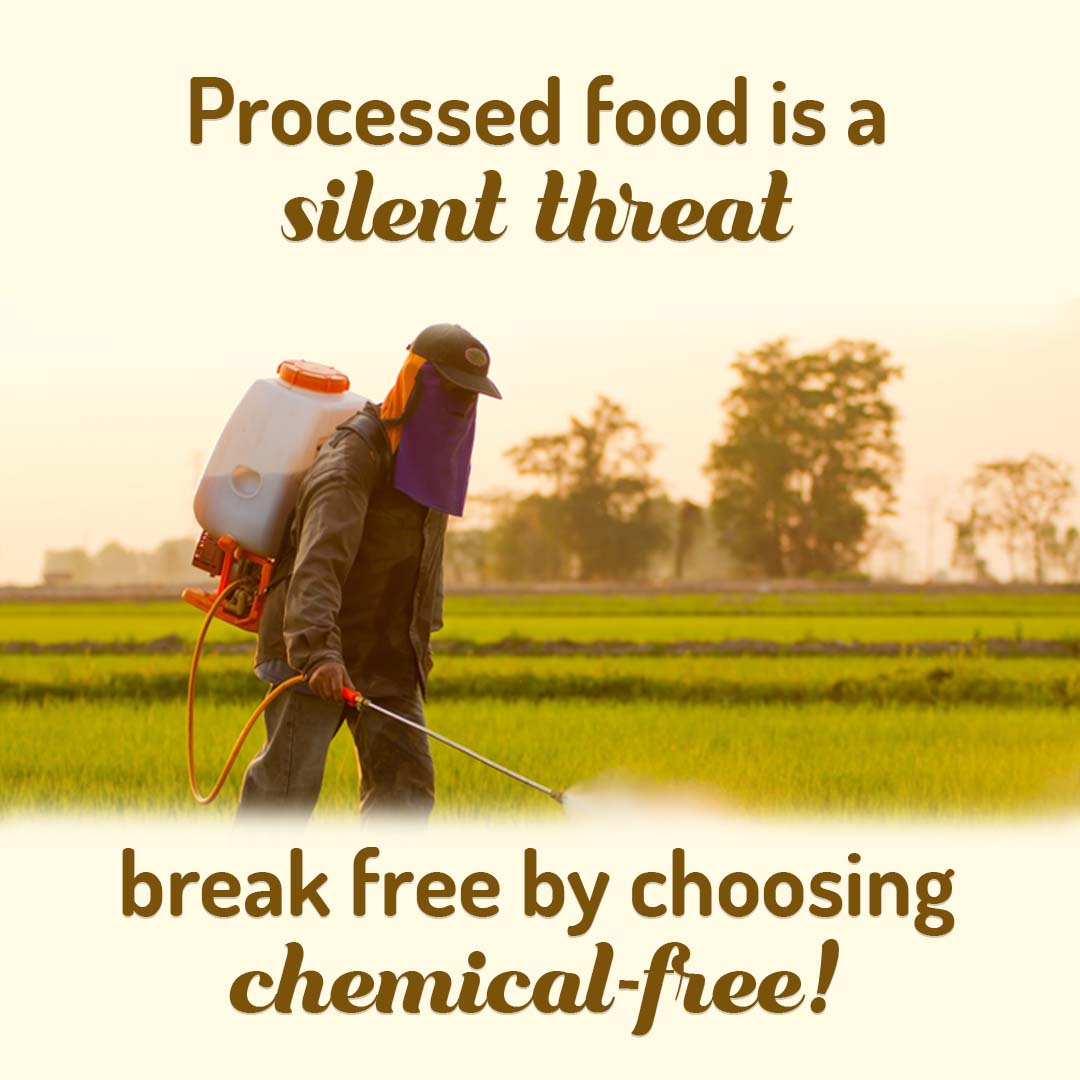In recent years, the issue of illegal ingredients in food products has gained significant attention in India. With an increasing demand for processed and packaged foods, it is essential to ensure that the ingredients used in these products are safe and comply with regulations. If you’re unsure about which ingredients are red flags in your meals, here’s a list that will help you understand which foods you need to steer clear of.
- Artificial Colours and Dyes:
Artificial colours and dyes are commonly used to enhance the visual appeal of food products.
Why should it be banned?
However, several of these additives have been associated with adverse health effects, including allergic reactions, and even health concerns in children. Some of the commonly used illegal colours include Sudan dyes, which have been found in chilli powder, sauces, and ready-to-eat snacks.
Synthetic sweeteners like saccharin, aspartame, and cyclamate are widely used as sugar substitutes in various food and beverage products.
Why should it be banned?
While they offer low-calorie alternatives, research suggests that these ingredients may have harmful effects on the body. They have been linked to conditions such as metabolic disorders, gut issues, and even an increased risk of developing diabetes. Synthetic sweeteners can be found in diet sodas, sugar-free desserts, and processed foods labelled as "low sugar" or "diabetic-friendly."
Monosodium glutamate (MSG) is a common flavour enhancer used in numerous processed foods, especially in fast food and snacks.
Why should it be banned?
MSG has been associated with adverse reactions such as headaches, dizziness, and reddening or warming of the skin in some individuals. Prolonged consumption of MSG has also been linked to conditions like obesity, metabolic disorders, and neurological disorders. It is often found in packaged chips, canned soups, and fast foods, especially such as Chinese food.
Hydrogenated oils, also known as trans fats, are used to extend the shelf life of food products and provide a desirable texture.
Why should it be banned?
However, extensive research has shown that trans fats significantly raise the risk of heart disease, stroke, and other cardiovascular problems. Common sources of trans fats in India include fried snacks, bakery items like biscuits and pastries, and some kinds of margarine.
Several illegal additives and preservatives find their way into food products, posing serious health risks. For example, formaldehyde, a known carcinogen, has been found in fish and seafood products.
Why should it be banned?
Other illegal preservatives like benzoates, sulfites, and nitrates have been associated with allergies, respiratory problems, and even cancer.
Carrageenan is a common additive used to thicken and emulsify foods and drinks. Derived from red seaweed, it is often found in products like dairy alternatives, processed meats, and even infant formula. Despite its widespread use, carrageenan has been linked to adverse health effects.
Why should it be banned?
It may trigger allergies in some individuals and cause digestive issues such as bloating, inflammation, and even gastrointestinal ulcers.
Maltodextrin is a highly processed additive used to increase the volume of processed foods or as a thickener. It is commonly found in products like sauces, salad dressings, and snack foods. While it serves as a convenient ingredient for manufacturers, maltodextrin can have negative consequences on health.
Why should it be banned?
It can cause digestive issues such as bloating, gas, and diarrhoea, particularly in individuals with sensitive stomachs. Moreover, maltodextrin has a high glycemic index, meaning it causes a rapid spike in blood sugar levels. This can be problematic for individuals with diabetes or those trying to manage their blood sugar levels. Therefore, banning maltodextrin would be beneficial to protect consumers' digestive health and promote stable blood sugar levels.
Polysorbate-80, also known as PS80, is an emulsifier used in various processed foods, including ice creams, dressings, and baked goods. While emulsifiers are used to improve texture and stability, polysorbate-80 has raised concerns due to its potential adverse effects on health.
Why should it be banned?
Studies suggest that it can cause allergic reactions, including skin rashes, itching, and respiratory problems, particularly in individuals with pre-existing sensitivities. Furthermore, polysorbate-80 may also negatively affect fertility in both males and females. Considering these risks, it is crucial to ban polysorbate-80 in order to protect consumers from potential allergic reactions and reproductive health issues.
These illegal ingredients sneakily sitting in food products pose a significant risk to public health. Consumers are often unaware of the harmful effects associated with these additives and unknowingly expose themselves to health hazards. Furthermore, the lack of proper labelling and stringent regulations makes it difficult for consumers to make informed choices about the foods they purchase.
Additionally, as consumers, we should all actively strive to be aware of what we consume. It is important to create a deep understanding of the substances and products that enter our bodies and surround us in our daily lives. Understanding the food we eat as consumers, empowers us to make informed decisions that directly impact our health, well-being, and the environment. By actively reading labels, researching ingredients, and seeking healthier alternatives, we can ensure that we nourish our bodies and minimize the intake of harmful substances.
At Conscious Food, we care about your health and well-being, and so, we ensure that each food package that reaches your doorstep is clean, natural and pure. If you’re looking to restock your pantry, check out our range of chemical-free foods, and taste the difference!






